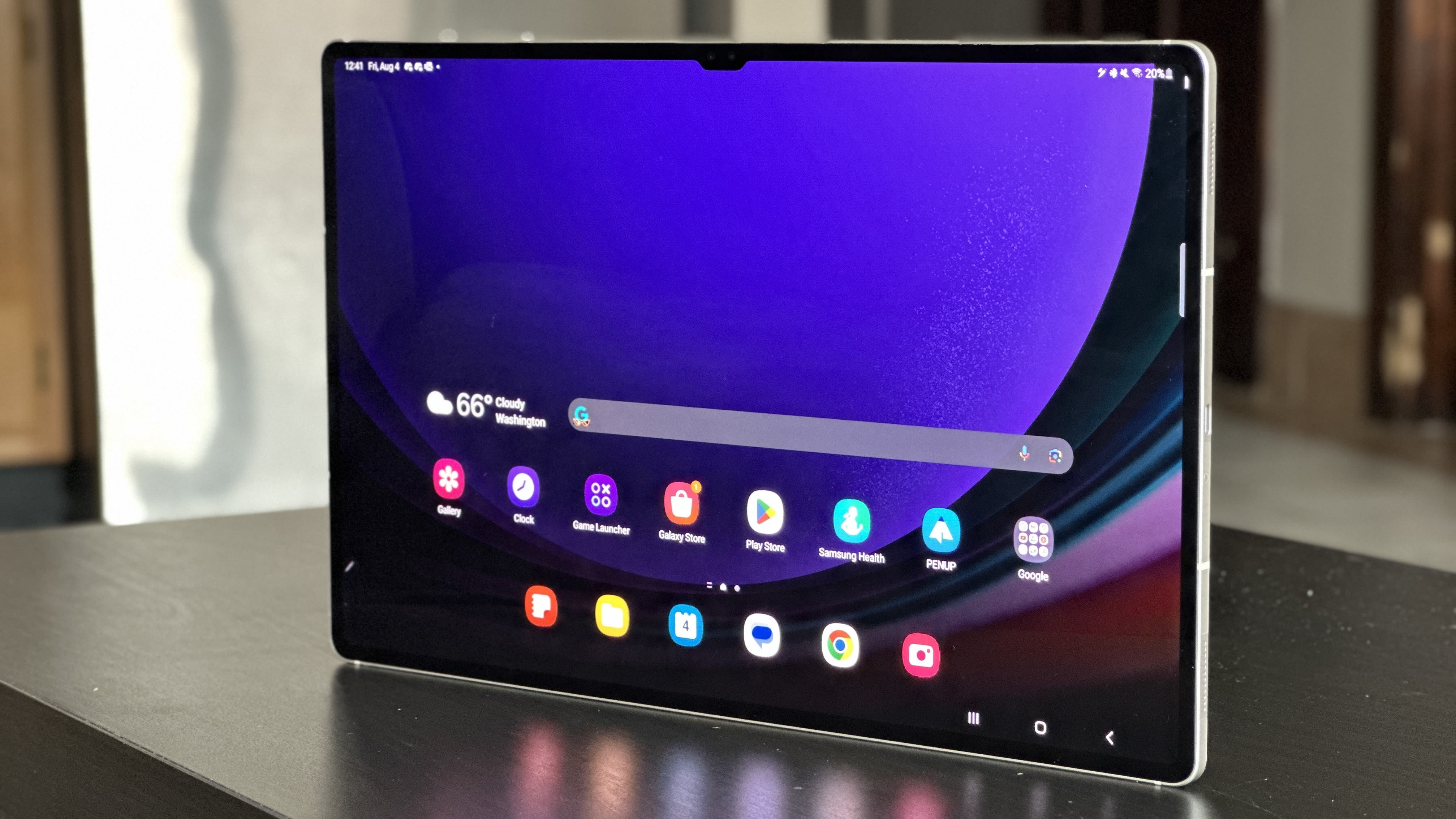SpaceOS is built for the modern Web, so anything you do on the Web, you can now do - in space.
AKA it’s a glorified Chromebook in terms of functionality. Not there yet…
SpaceOS is built for the modern Web, so anything you do on the Web, you can now do - in space.
AKA it’s a glorified Chromebook in terms of functionality. Not there yet…


I mean, I don’t think that’s the way to go about it. Trains don’t take me to my family across the planet in 11 hours. I’d prefer to feel secure when flying there.


My first thought exactly :P


It’s still very impressive. The EEG she uses only reads general thoughts: e.g. thinking about pushing a boulder. She can only really do specific actions with that: there’s no level of analog control (how much should this move), it’s just a single action (fire a fireball). The brain chip is likely much higher fidelity and therefore can read much finer signals. All the credit goes to the researchers, of course, who’ve spent the last decade researching and fine tuning this technology.


IIRC they’re paralyzed from the shoulders down, so probably not.


Samsung Galaxy Tab S8/9 Ultra. Publically made fun of Apple’s notch, then released their tablets with a notch a few months later. (Although tbf nowhere near as pronounced as Apple’s and mostly justified due to the extremely thin bezels).



I mean, it will be. The AI friend is always available, always knows what to say, never fights with you, and never messes up (ideally).
However, all those things are part of the human element: and at the end, you’re still talking to a computer. The AIs are just trying to please you. A person can actually love you, and that’s something else. And I’d take that over the perfect chatbot any day.


Journalists use AI to write longer articles. People use AI to summarize those articles.
The circle of LLMs.
Make the phone half as thick, then double the battery and fill the rest with thermals.
Apple: Yes, yes, this innovation constitutes a $600 price increase.